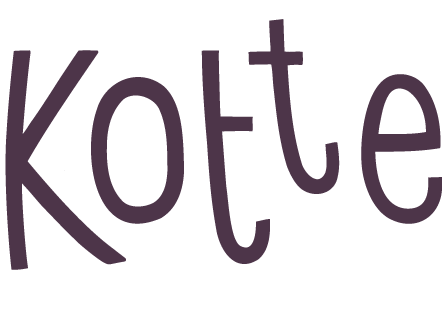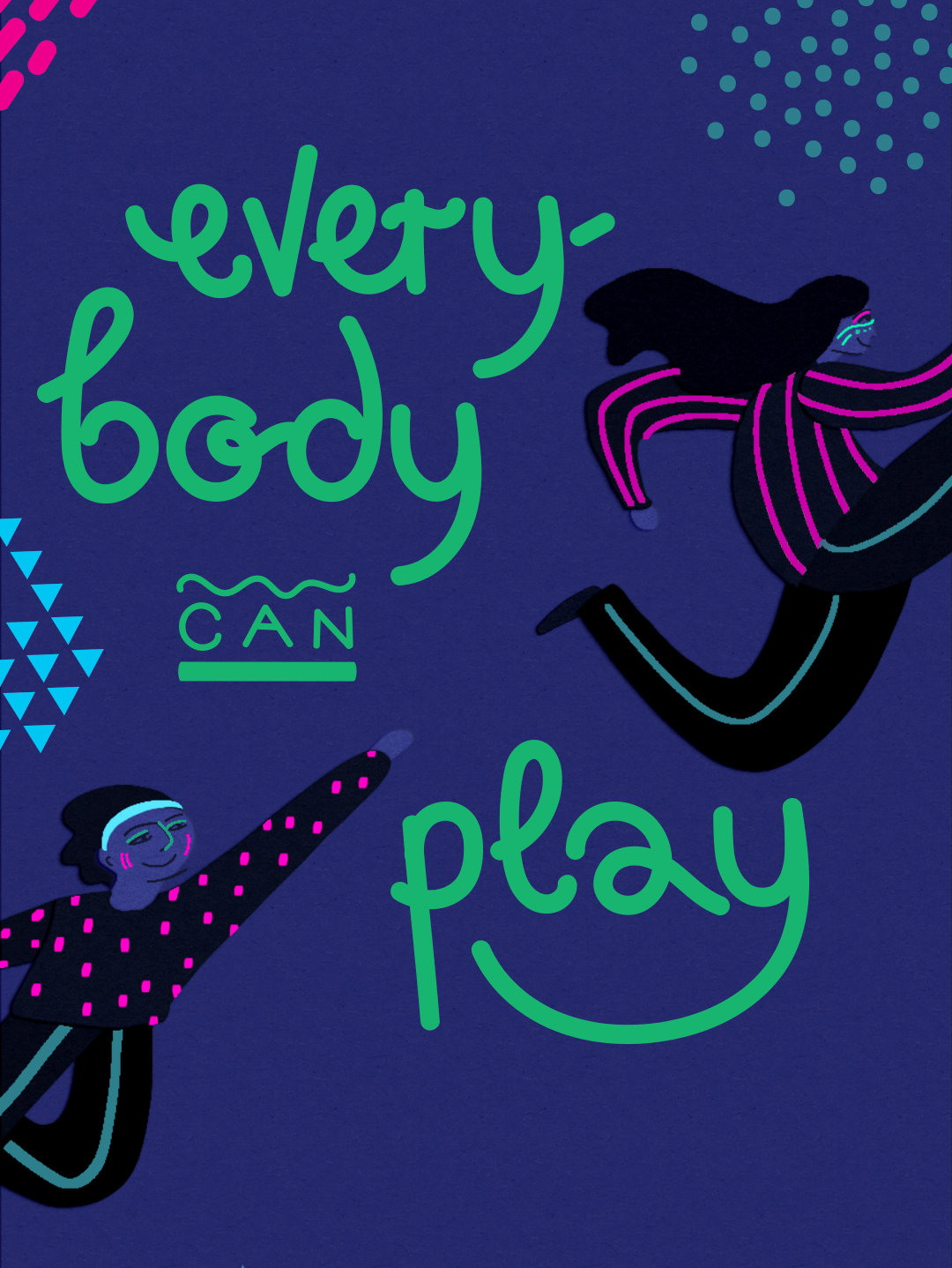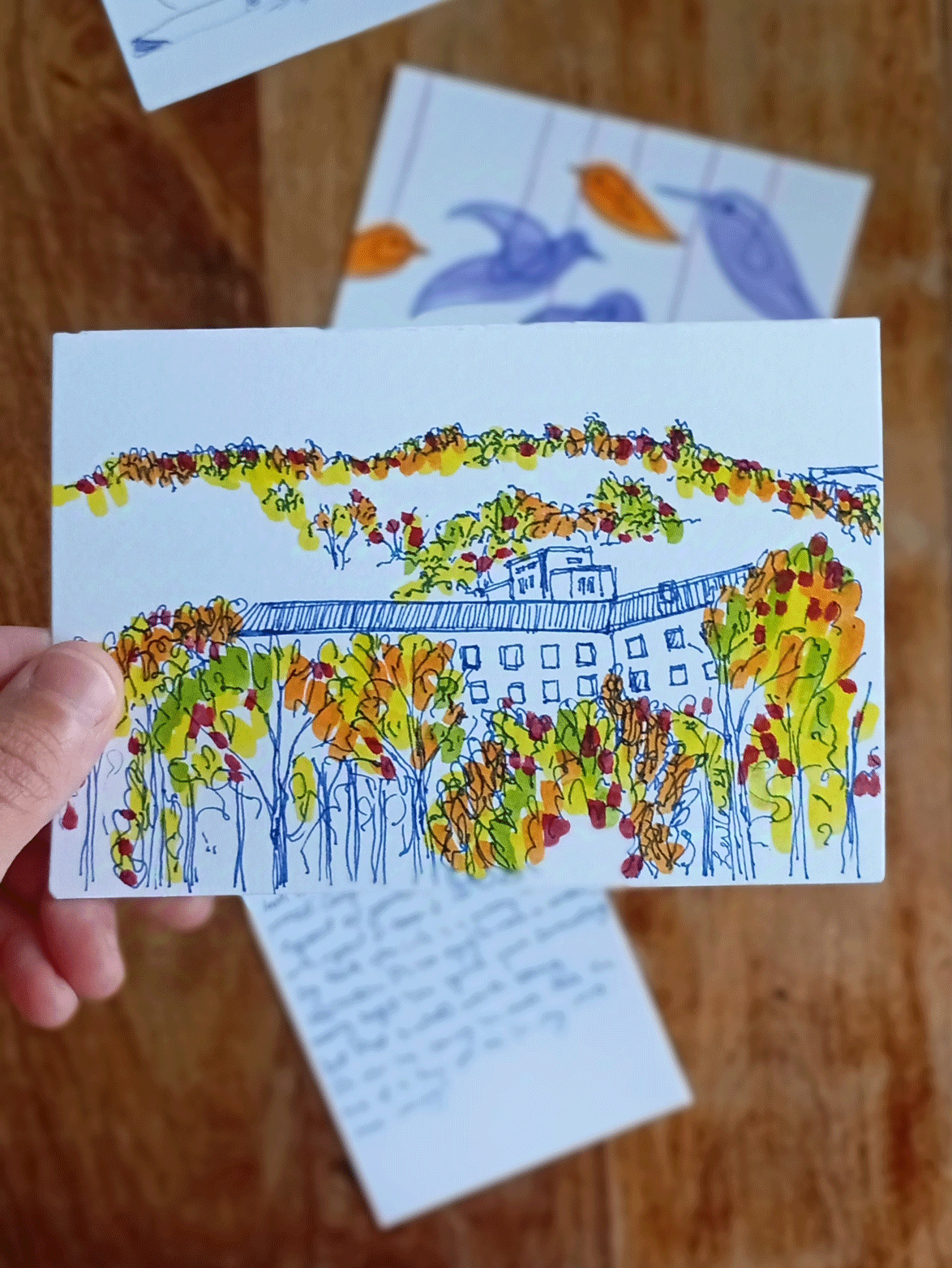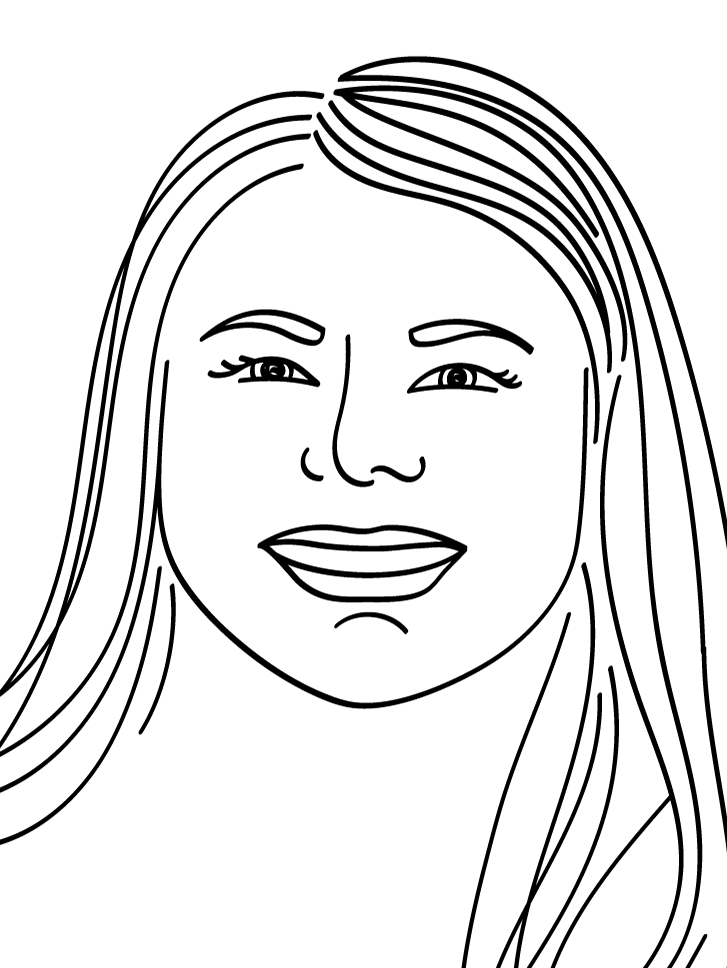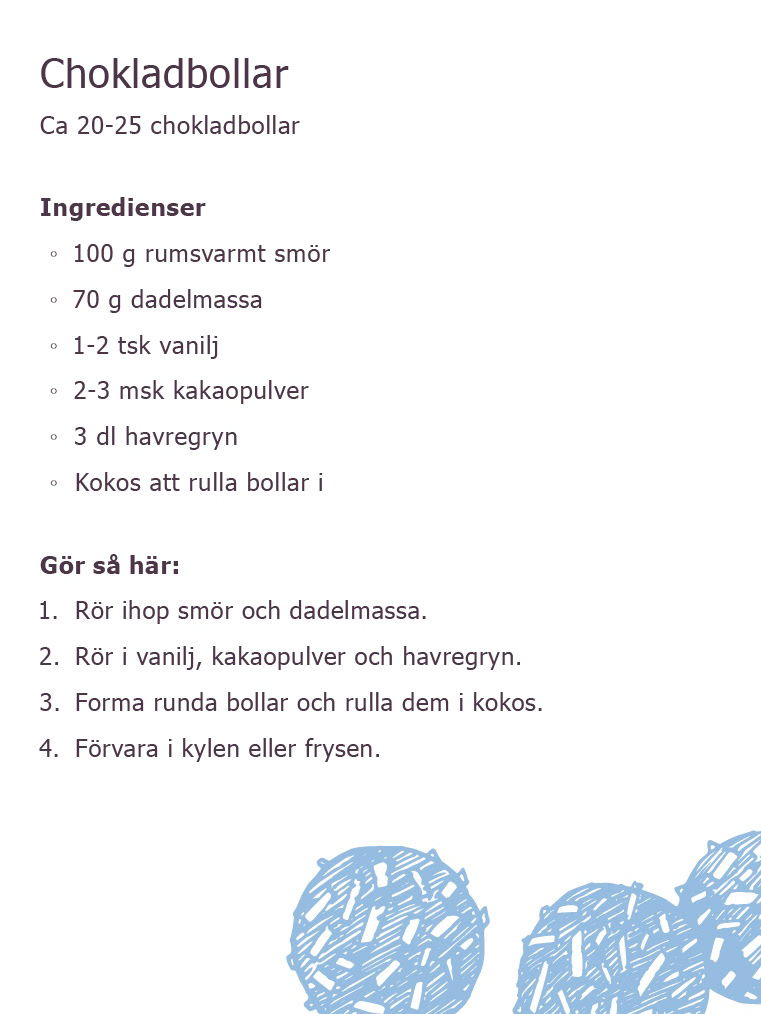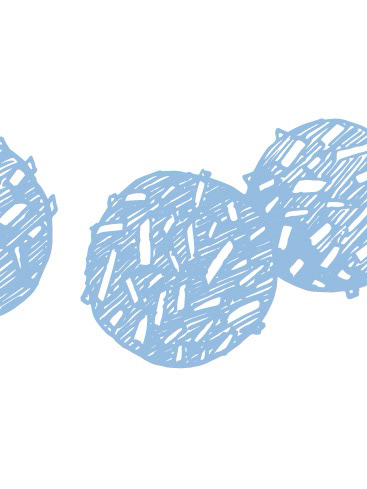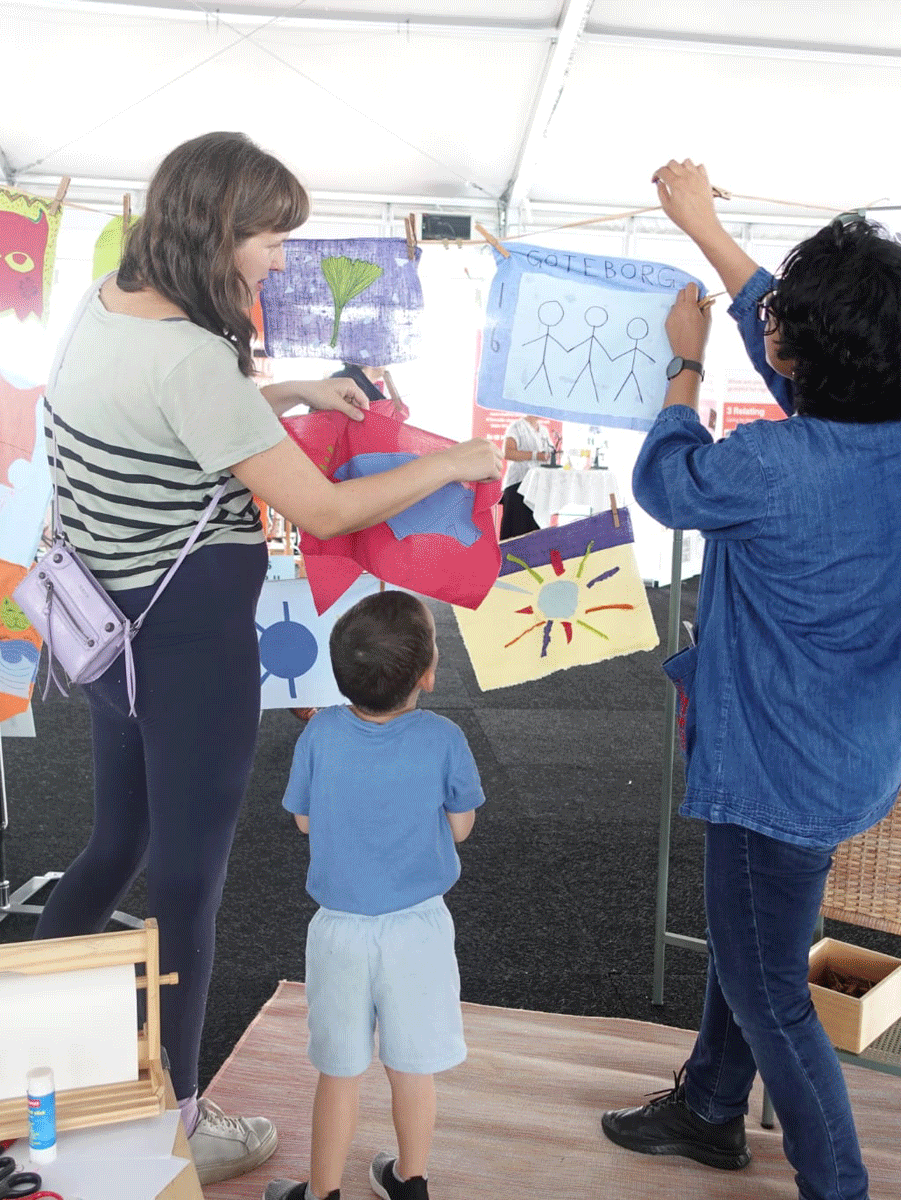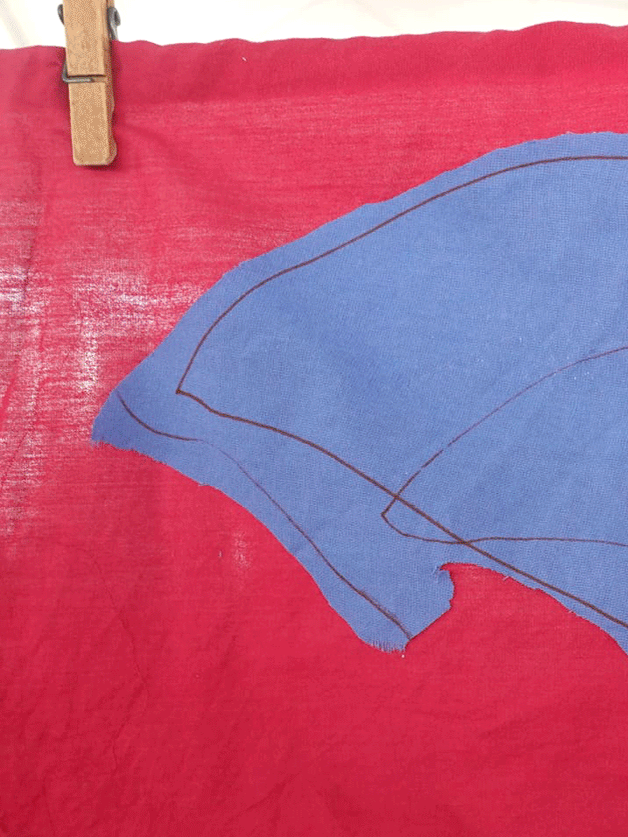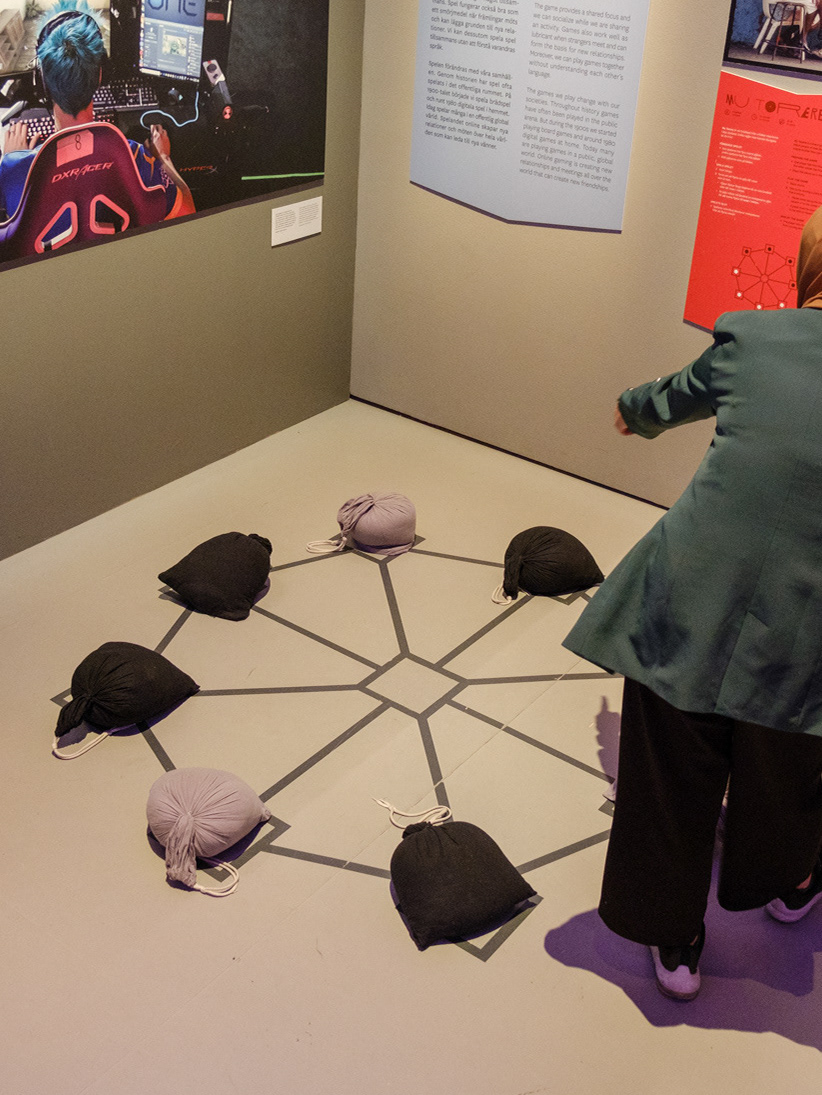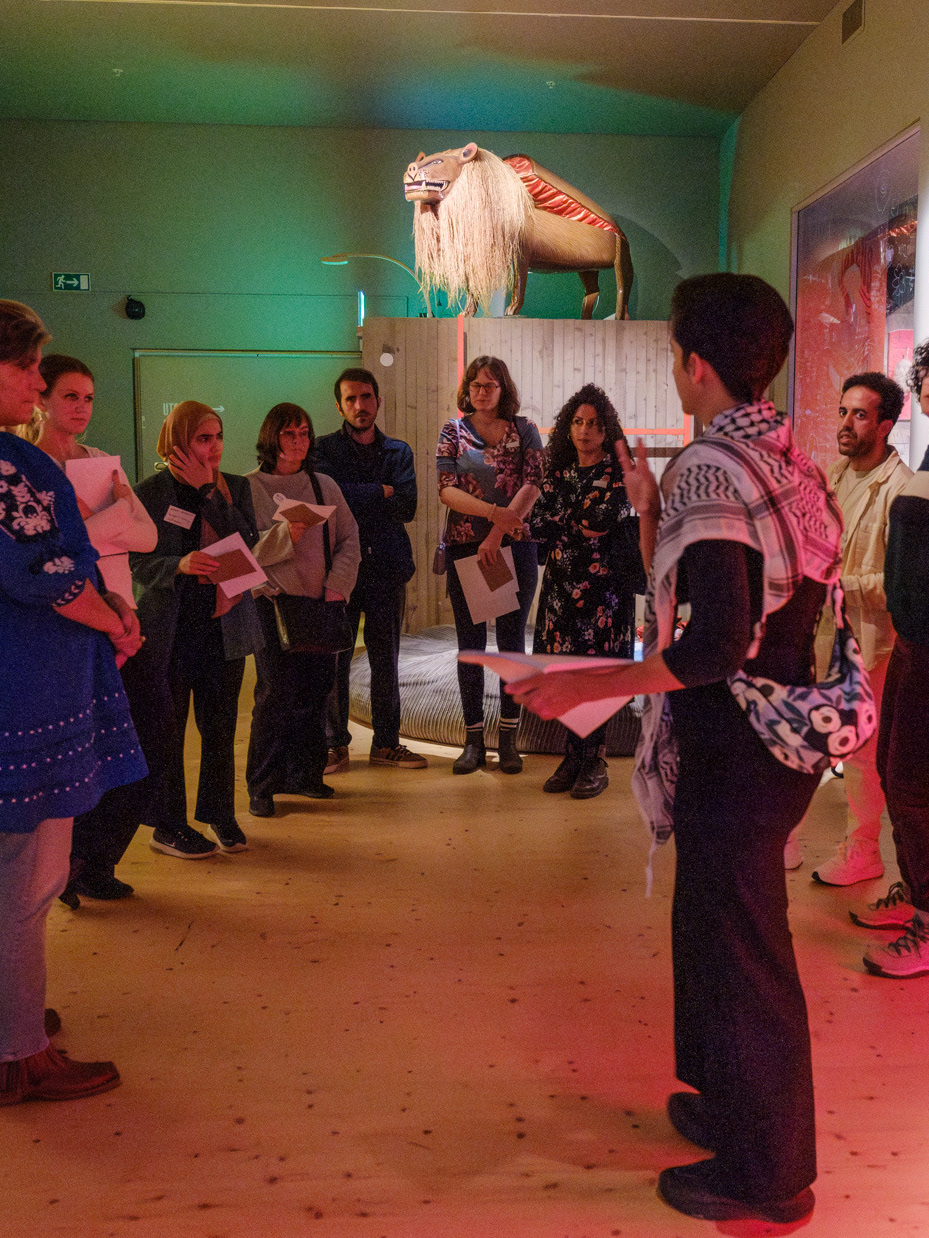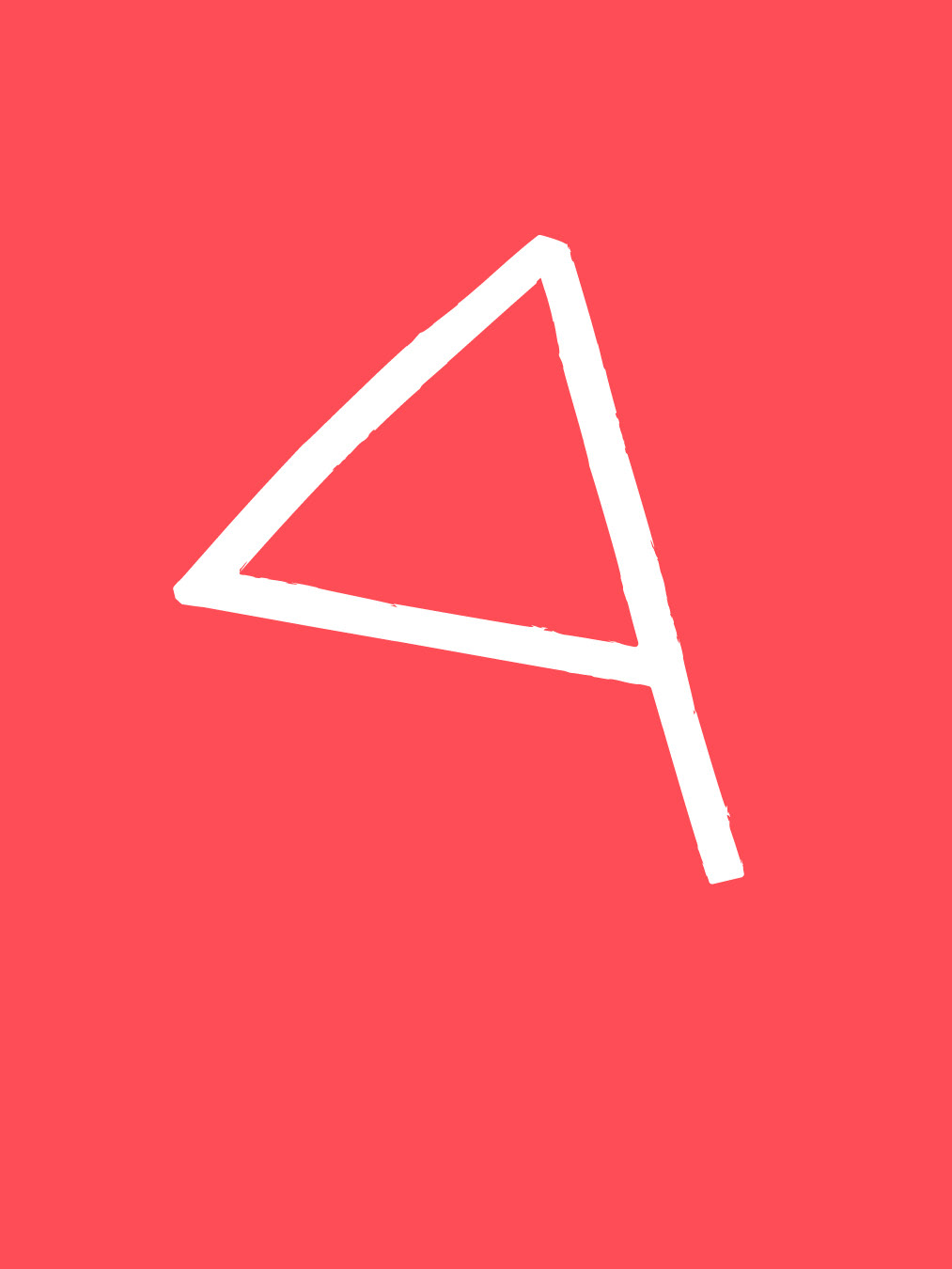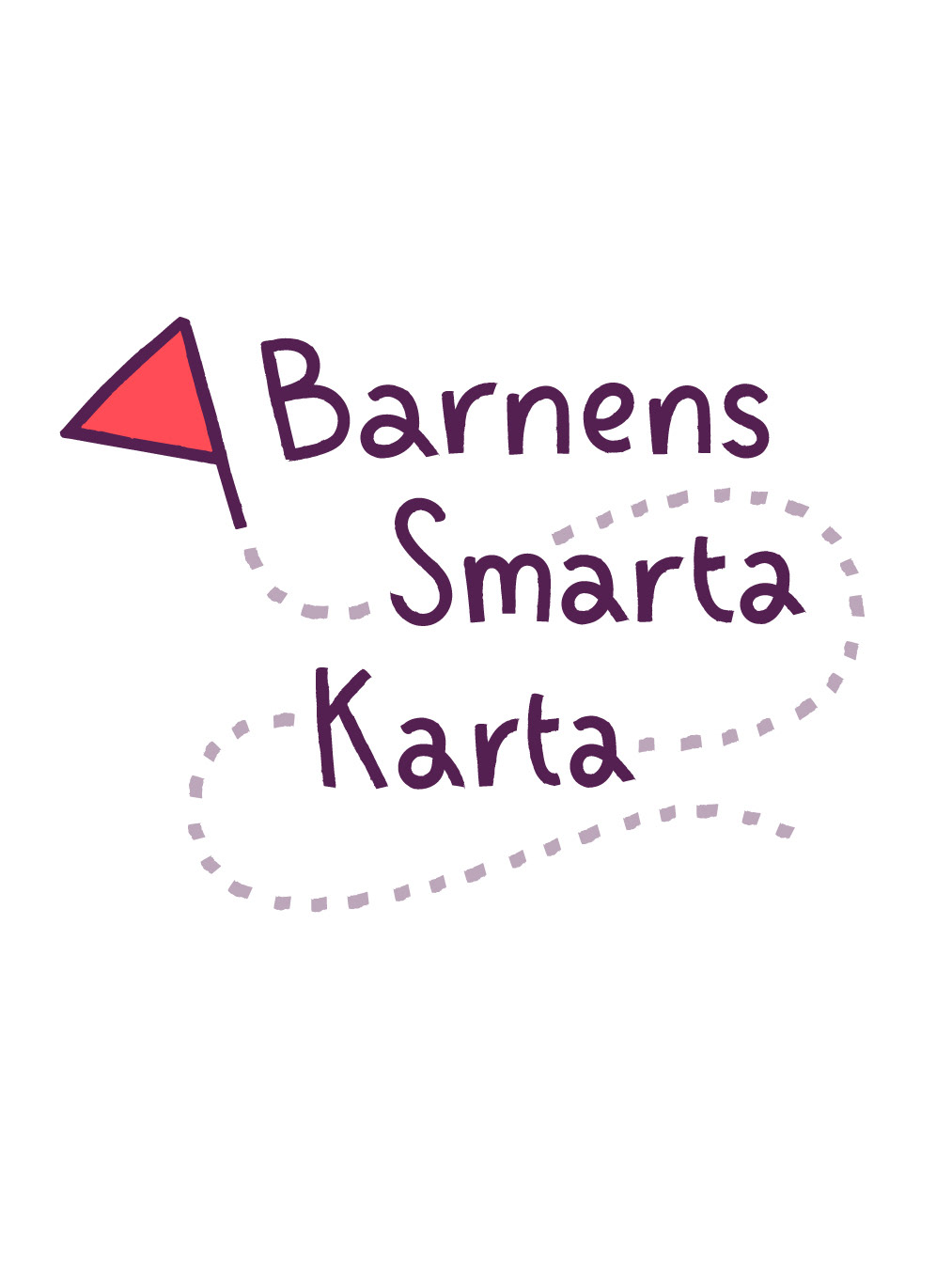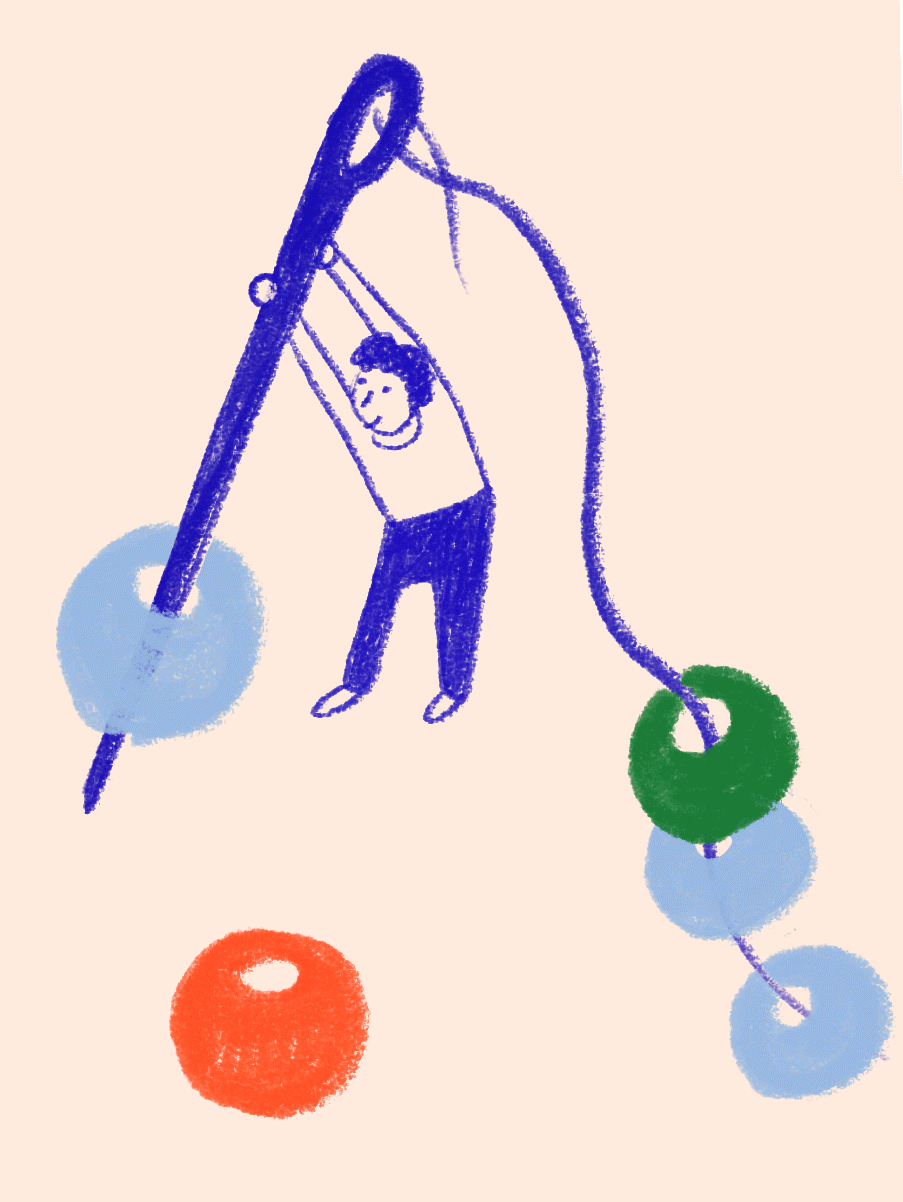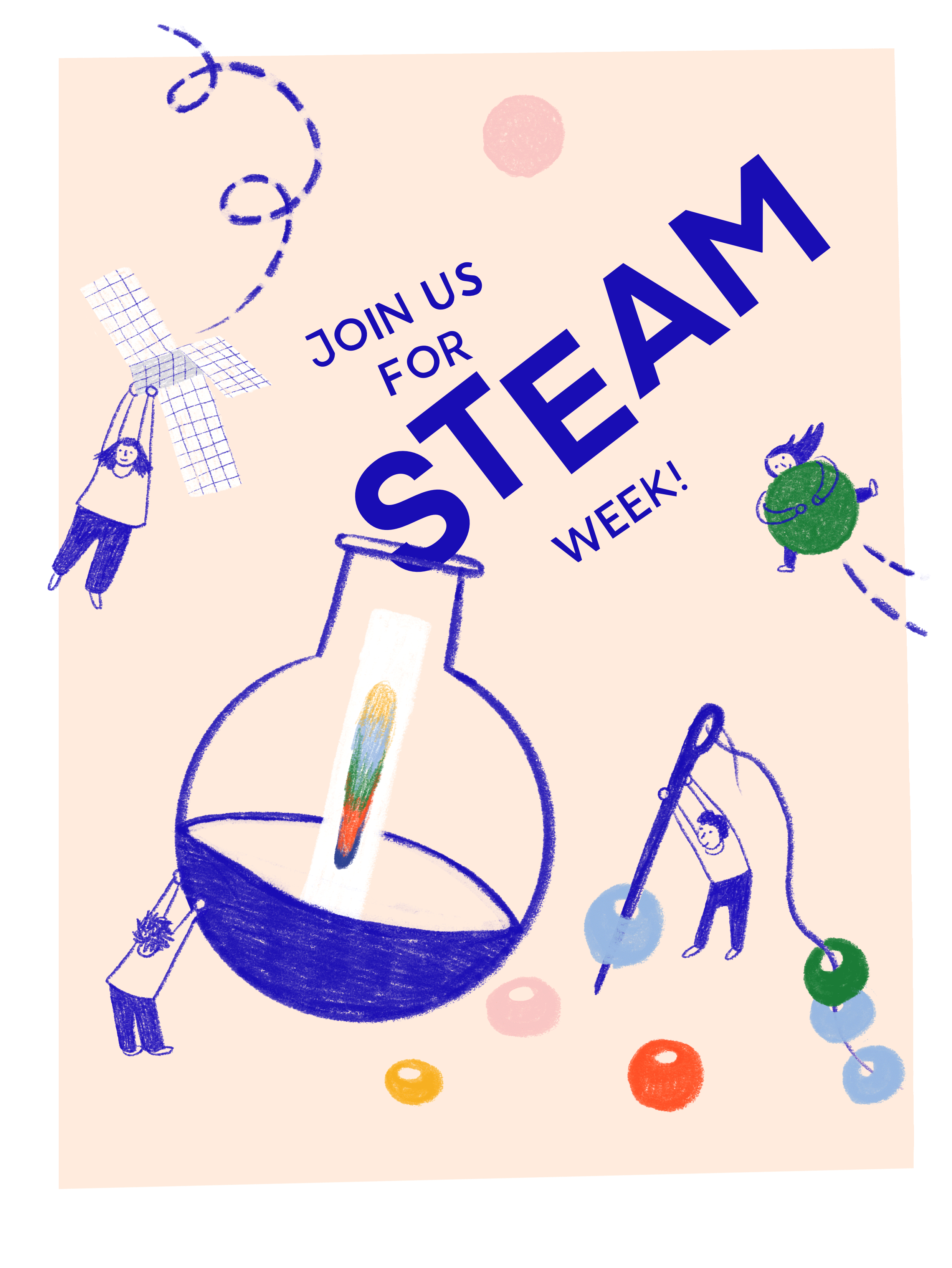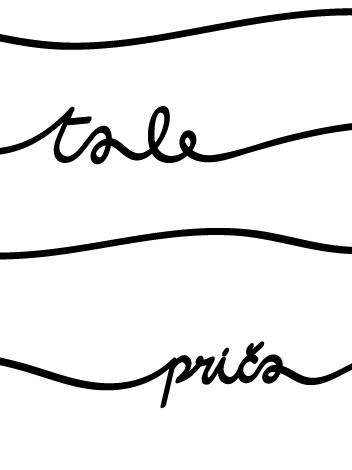Everybody Can Play
A Series of Intergenerational Play Events
Event Facilitators
Joséphine Perini Stefansson, Katja Mock, Leila Natsheh, Omer Hingora, and Ranti Ekaputri
Joséphine Perini Stefansson, Katja Mock, Leila Natsheh, Omer Hingora, and Ranti Ekaputri
Funded by
The Swedish Postcode Lottery Foundation
(Svenska Postkodlotteriets Stiftelse)
The Swedish Postcode Lottery Foundation
(Svenska Postkodlotteriets Stiftelse)
Regional Partners
Fritidsklubben Linden (Gothenburg)
Göteborgs Stad (Gothenburg)
Söder Scen (Helsingborg)
Kulturrummet (Helsingborg)
Araby Park Arena (Växjö)
Växjö Kommun (Växjö)
Fritidsklubben Linden (Gothenburg)
Göteborgs Stad (Gothenburg)
Söder Scen (Helsingborg)
Kulturrummet (Helsingborg)
Araby Park Arena (Växjö)
Växjö Kommun (Växjö)
Introduction
Everybody Can Play is a collaborative initiative between Kotte and Kulturrummet that aims to build stronger neighborhoods through accessible play sessions. The project offered seven public play sessions in Gothenburg, Helsingborg, and Växjö from May to July, 2025.
Each session featured low-barrier, inclusive games like: tag, cooperative challenges, traditional playground games, and creative, movement-based activities. These sessions were designed to foster community bonding, physical activity, and social interaction. The activities require minimal equipment and are suitable for all ages and abilities.
Everybody Can Play aims to create stronger, more connected neighborhoods through inclusive play, reducing isolation and reclaiming public spaces. Our goal is to strengthen bonds through shared experiences, encourage active use of public areas, promote inclusivity for all ages and abilities, foster a culture of outdoor play, and increase community safety and belonging by activating public spaces.
Background
Residents in our cities often lack chances for outdoor play and social interaction. With Everybody Can Play public play sessions we bring neighbors together, encourage physical activity, and foster community bonds. Kotte's pilot event at Kulturnatta in Gothenburg showed high interest and engagement, proving demand for more sessions. This project brings unique activities to new areas, turning public spaces into vibrant hubs that foster connection and meet the need for accessible, communal experiences.
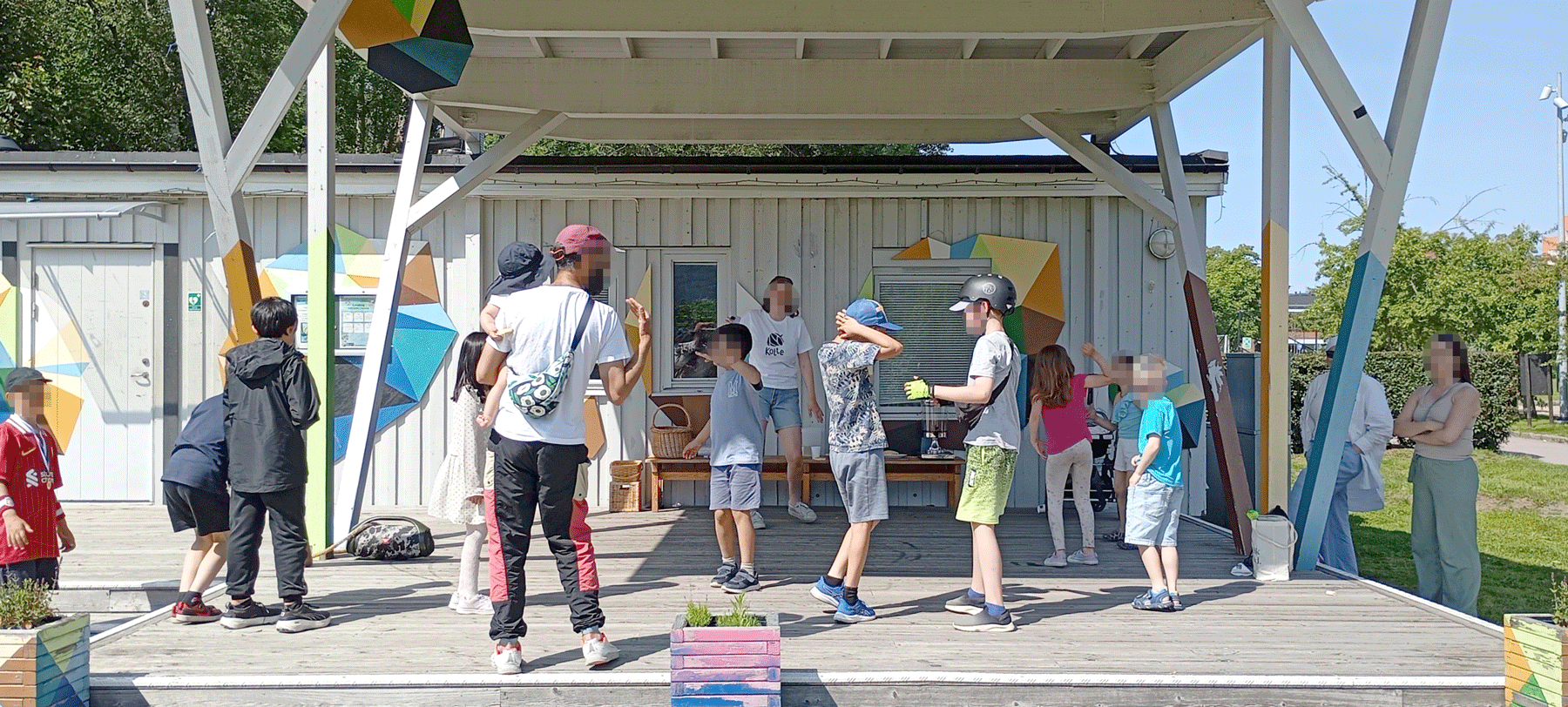
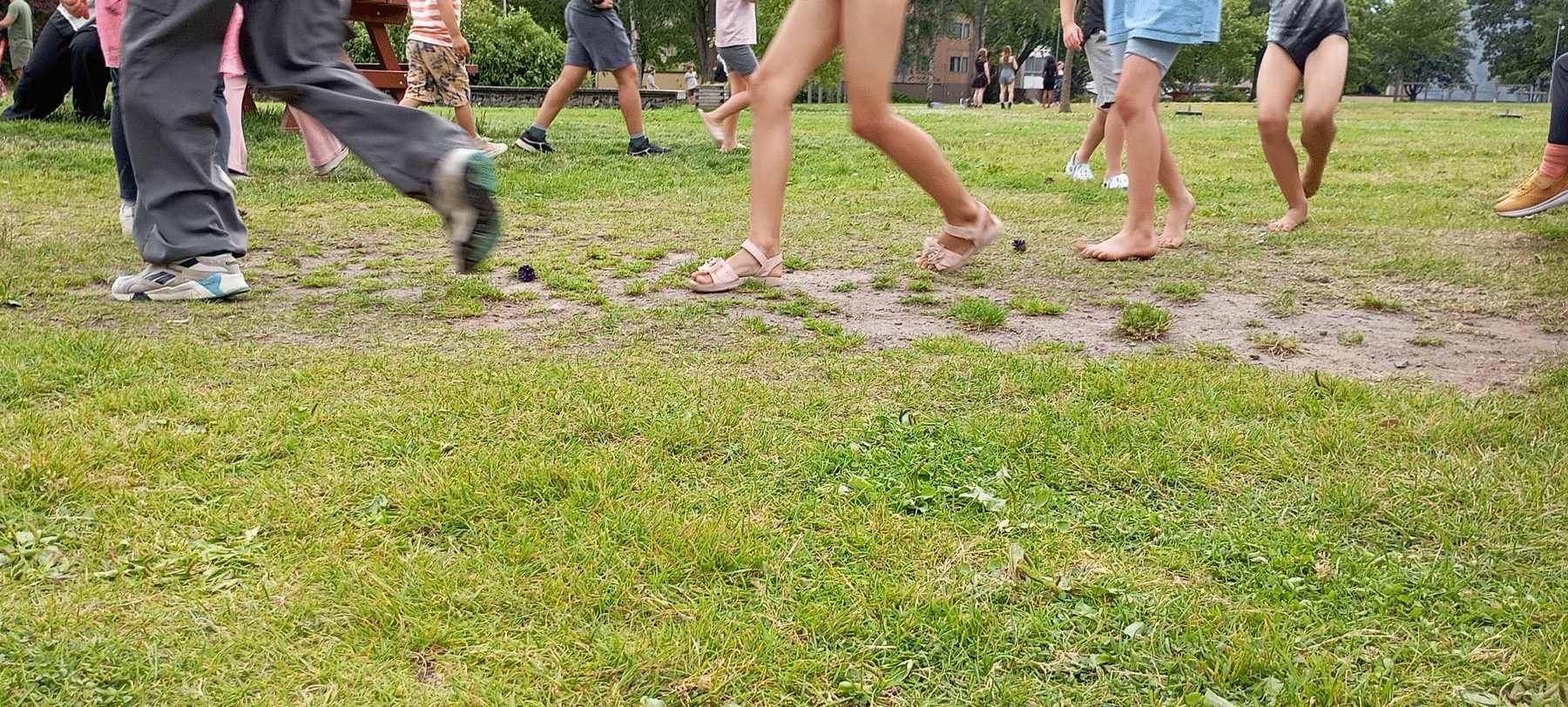
Gothenburg – Positivparken
Across four events in June and July, each gathering became a learning process that built on the one before. With an average of 25 participants per event, we started with quick icebreakers before moving into larger games, adjusting the structure based on group size, energy, and weather conditions. A highlight was a new original game designed by our team at Kotte, using pinecones as the main objects of play—though adaptable to any materials. Despite challenges with weather and encouraging adult participation, the events showed how flexible design and creativity can make play accessible for all ages.
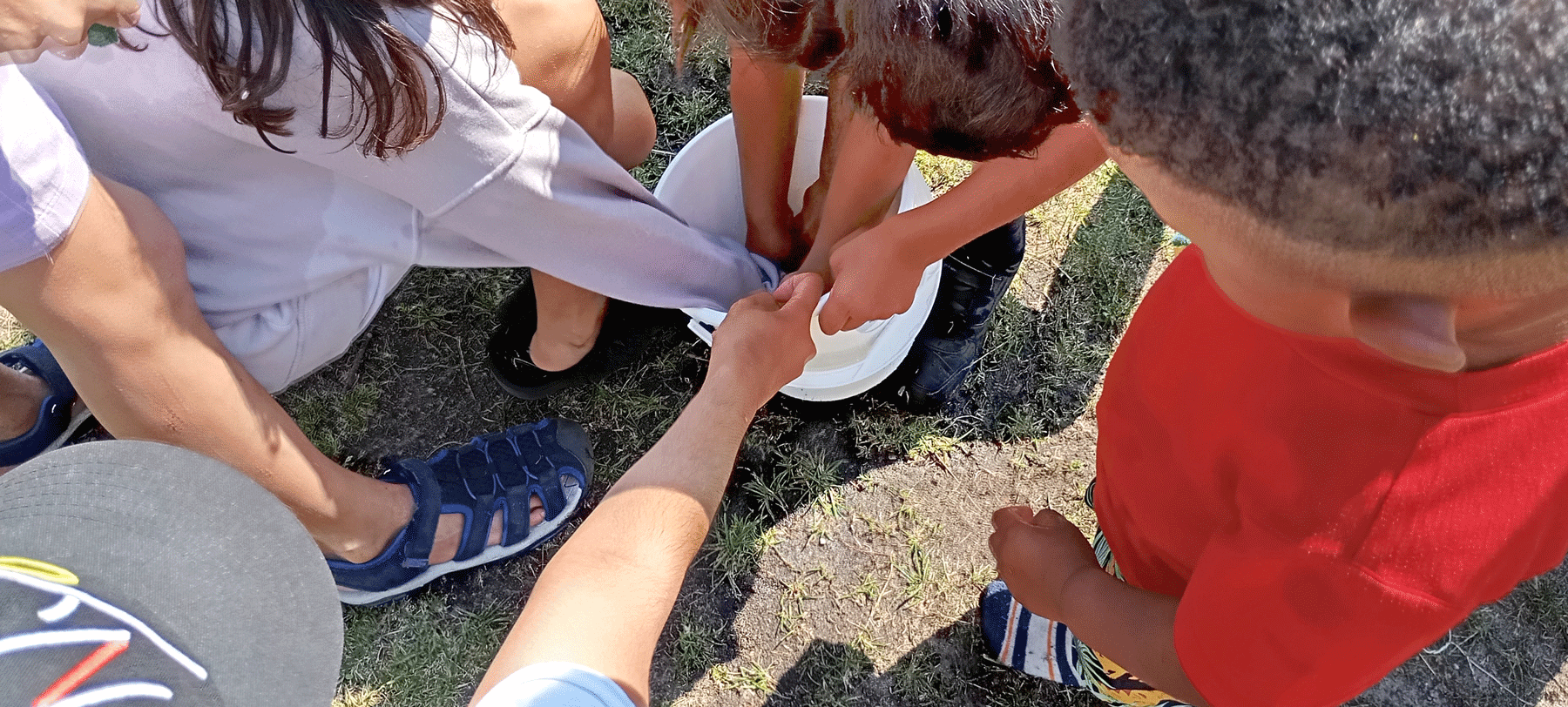

The Kotte Game
At our Gothenburg events, we introduced The Kotte Game—a brand new game created by our team. The main objects of play were pinecones, which we painted bright purple so they stood out.
The rules were simple but strategic:
• Team One’s mission was to transport pinecones from the terrace to their basket.
• Team Two tried to intercept and steal the pinecones, bringing them to their own basket instead.
• Team Two tried to intercept and steal the pinecones, bringing them to their own basket instead.
Think of it like bees collecting nectar, while wasps swoop in to steal the honey!
The game was designed to be accessible for all ages and abilities. Running wasn’t necessary—success came through strategy and teamwork. For example, Team One could distract their opponents by pretending to grab a pinecone, while another teammate slipped by and safely delivered it to the basket.
This balance of creativity, strategy, and playfulness made The Kotte Game a highlight of our Gothenburg events.
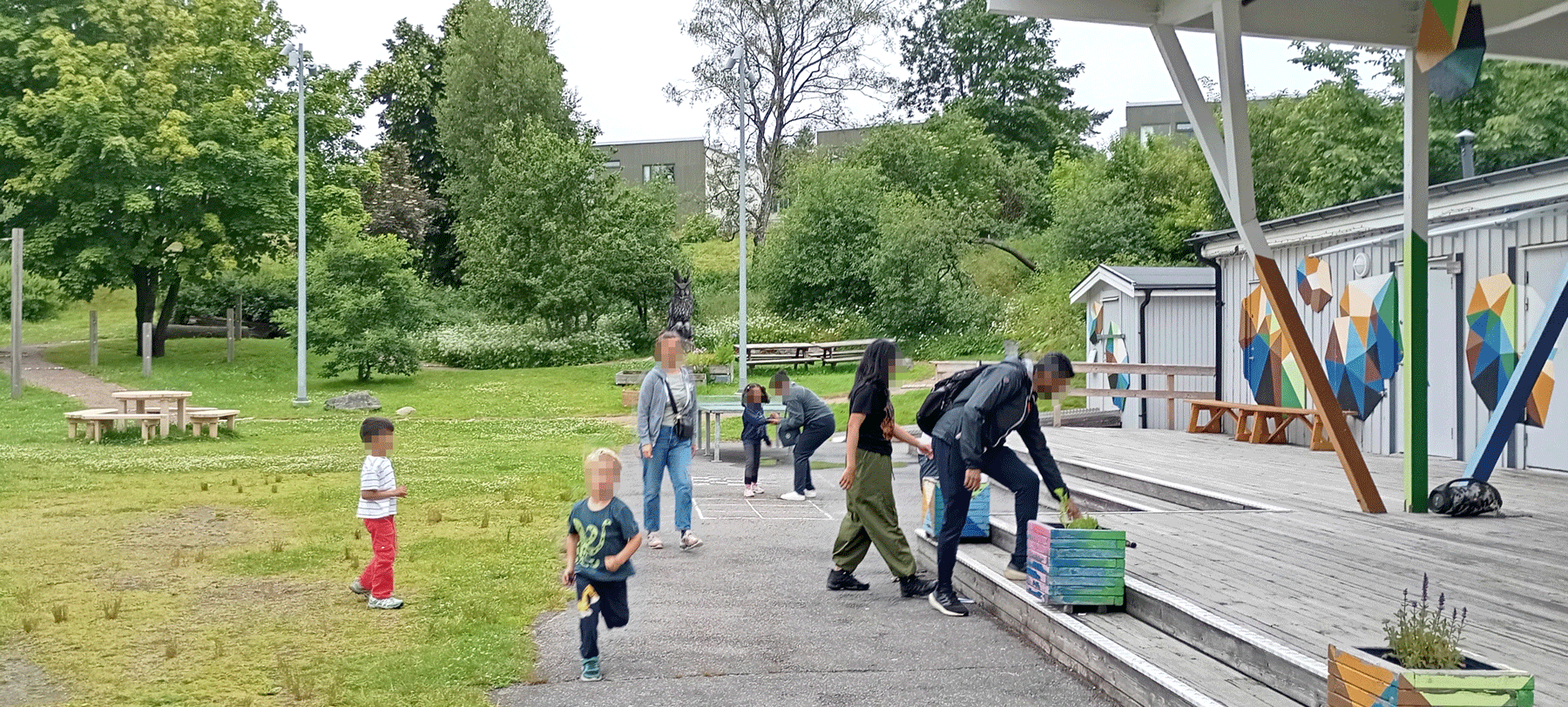
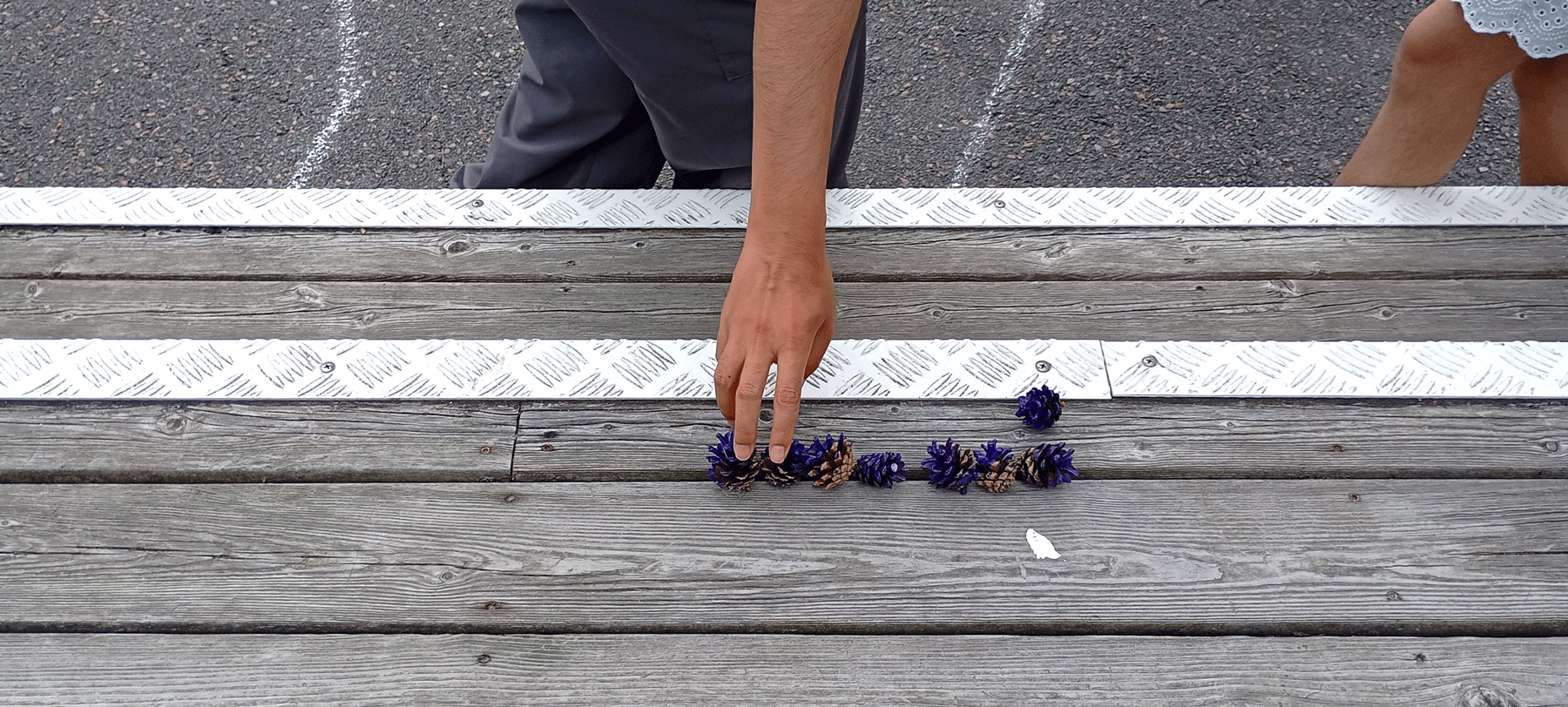
Växjö – Araby Park Arena
Two facilitators hosted an indoor play session with around 40 participants. The children were especially enthusiastic, while adults joined in more slowly but eventually some got involved. Familiar games such as Datten, Följa John, and Svansleken were played alongside new variations of these games and games invented by the group. Older boys also joined in, adding to the playful energy of the day.
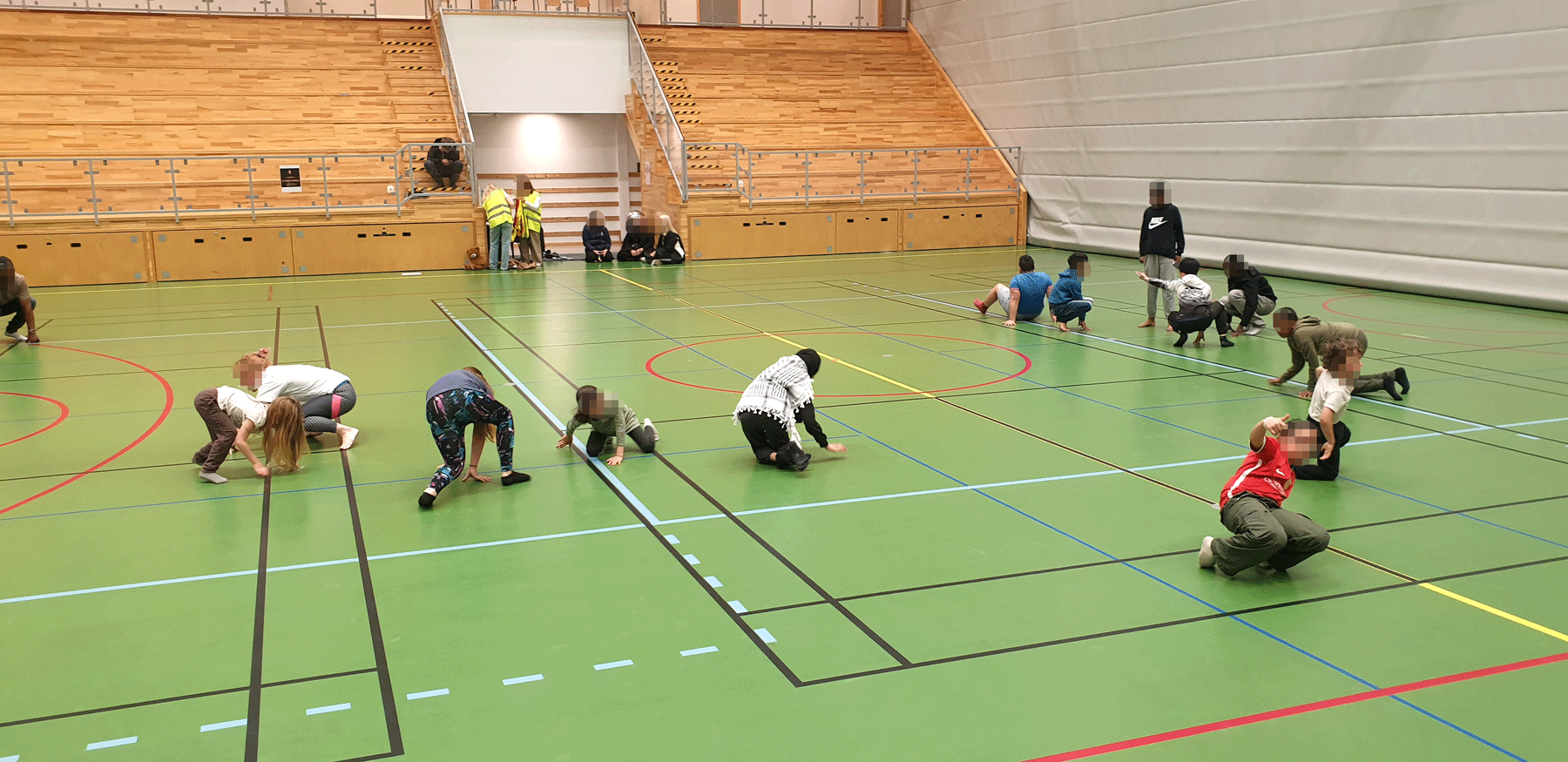
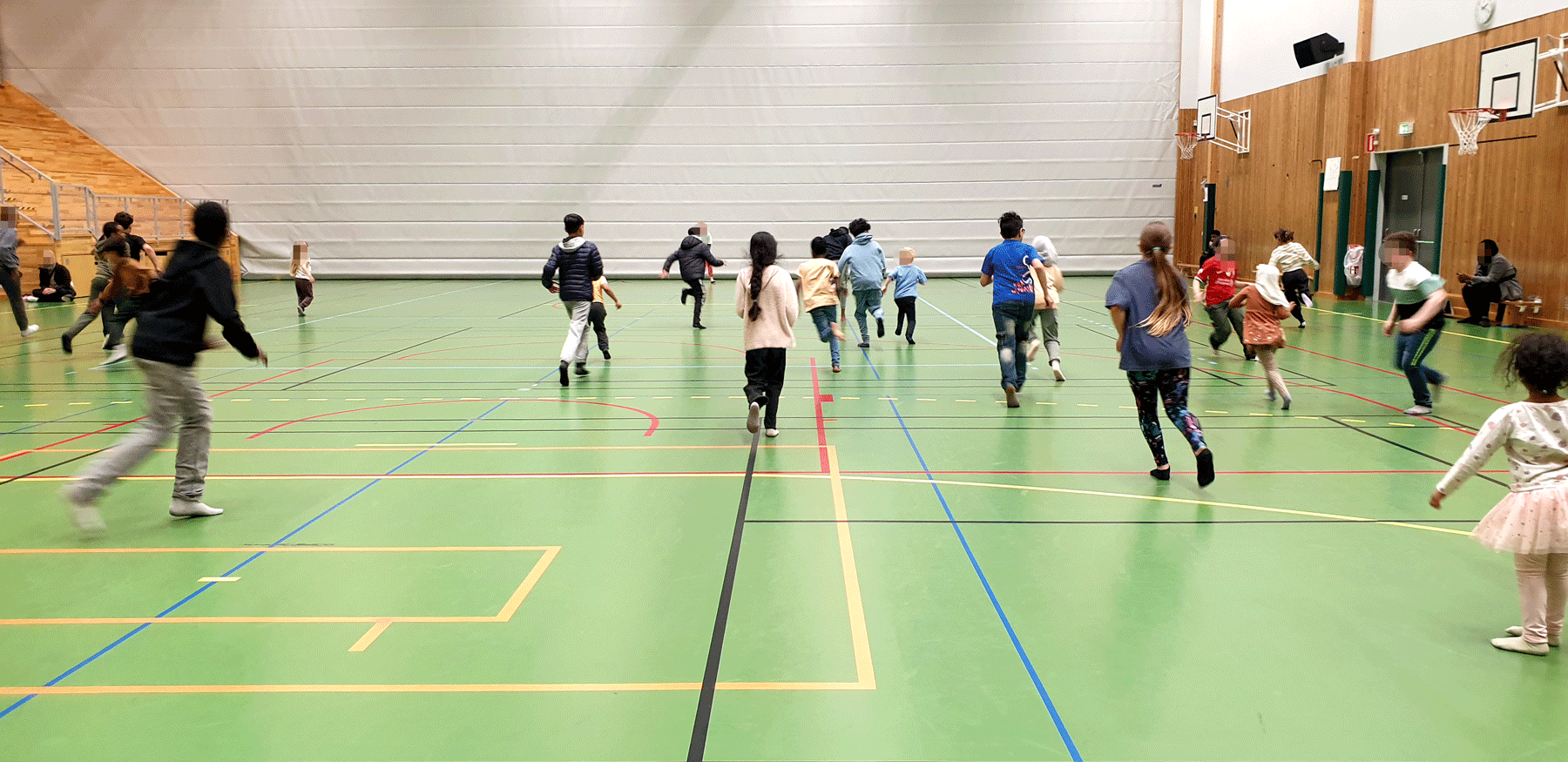
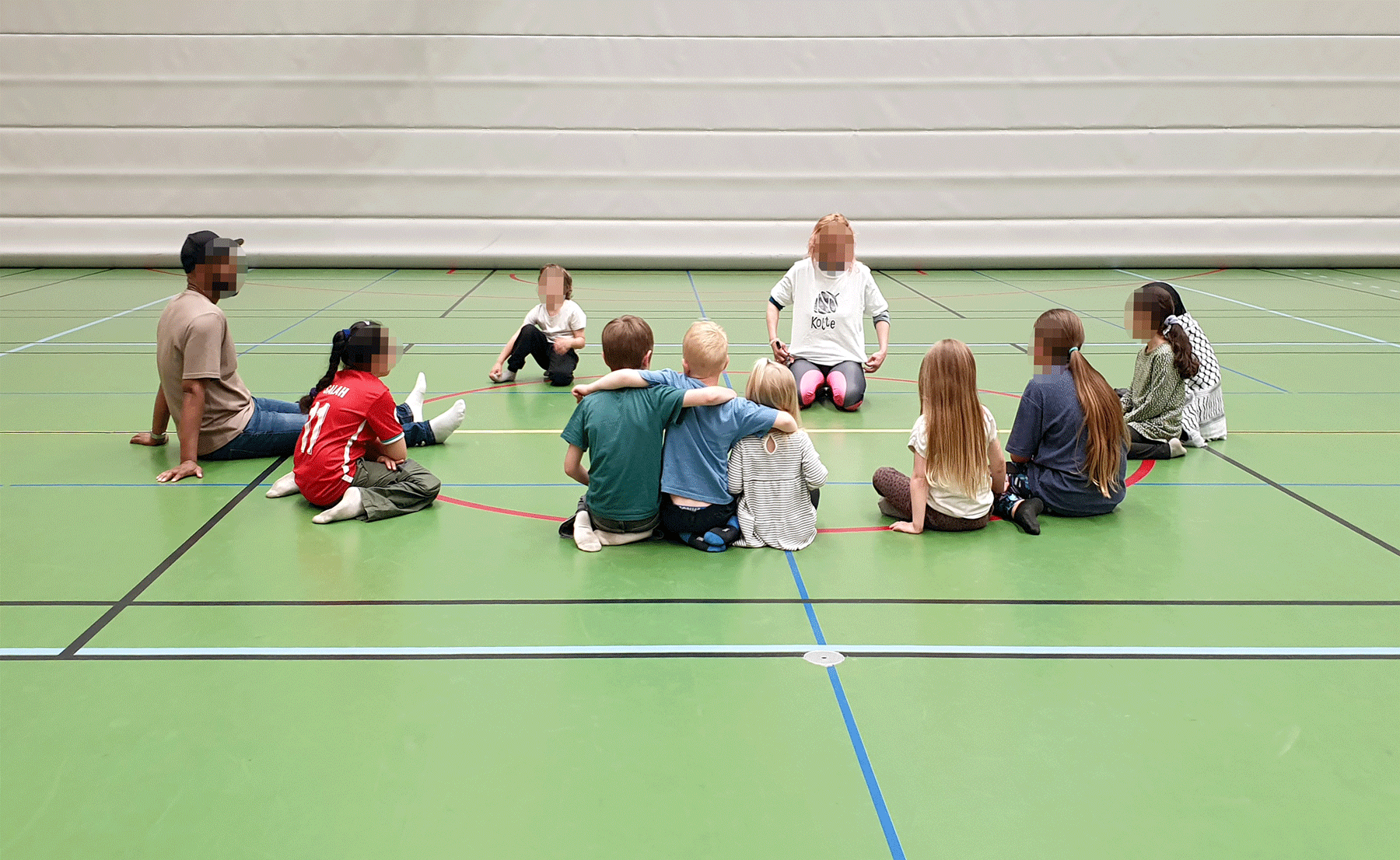
Helsingborg – Söderdagen at Furutorpsparken
Kulturrummet led two back-to-back sessions during the Söderdagen festival, engaging around 200 participants (most of them children). Games like Rött Ljus–Grönt Ljus, Fryskull, and Sju Torn sparked curiosity and excitement, though rules often had to be adapted to match children’s attention and energy levels. Adults were hesitant but some joined after encouragement from their children, while the final hour turned into a free play session shaped by the participants themselves.
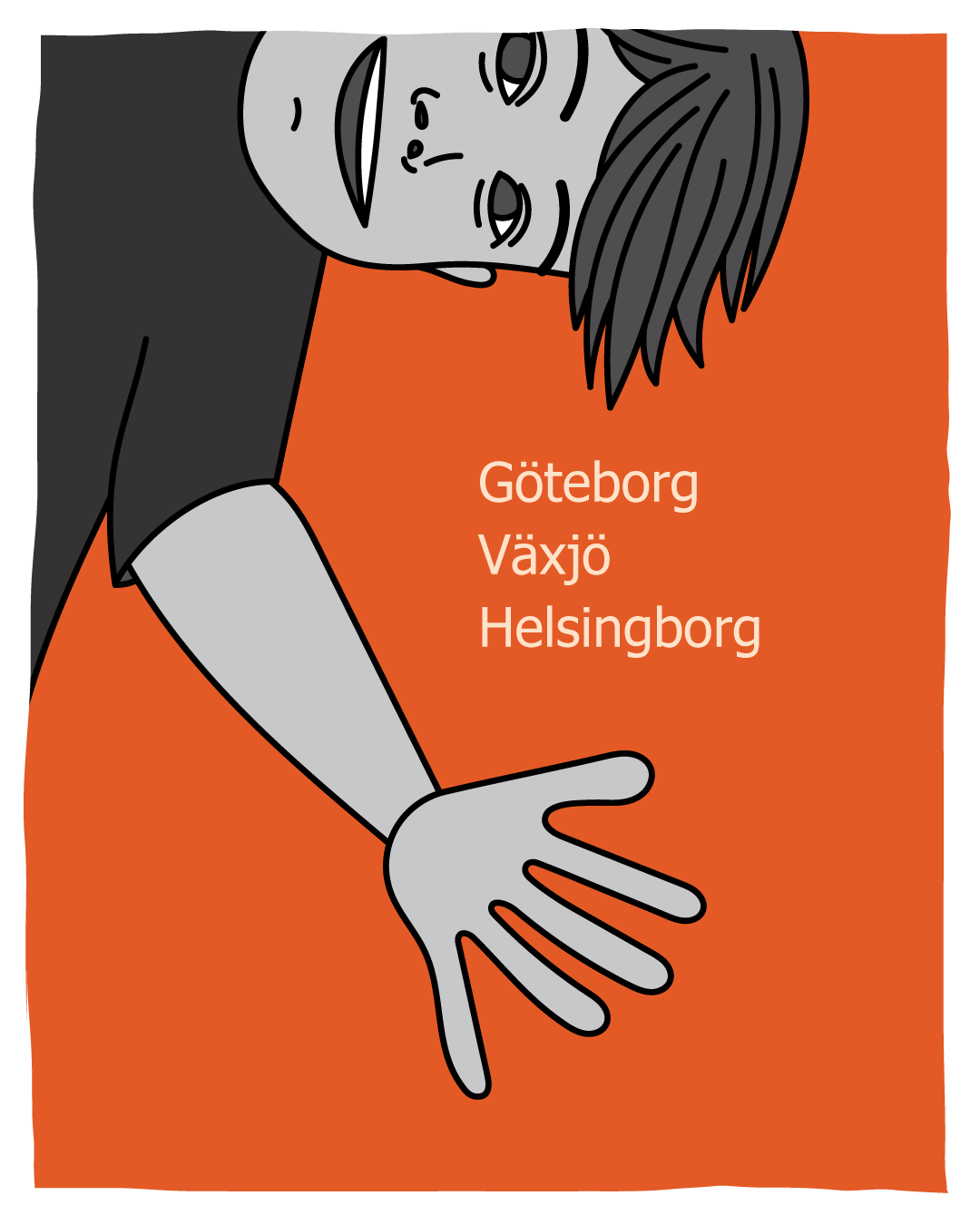
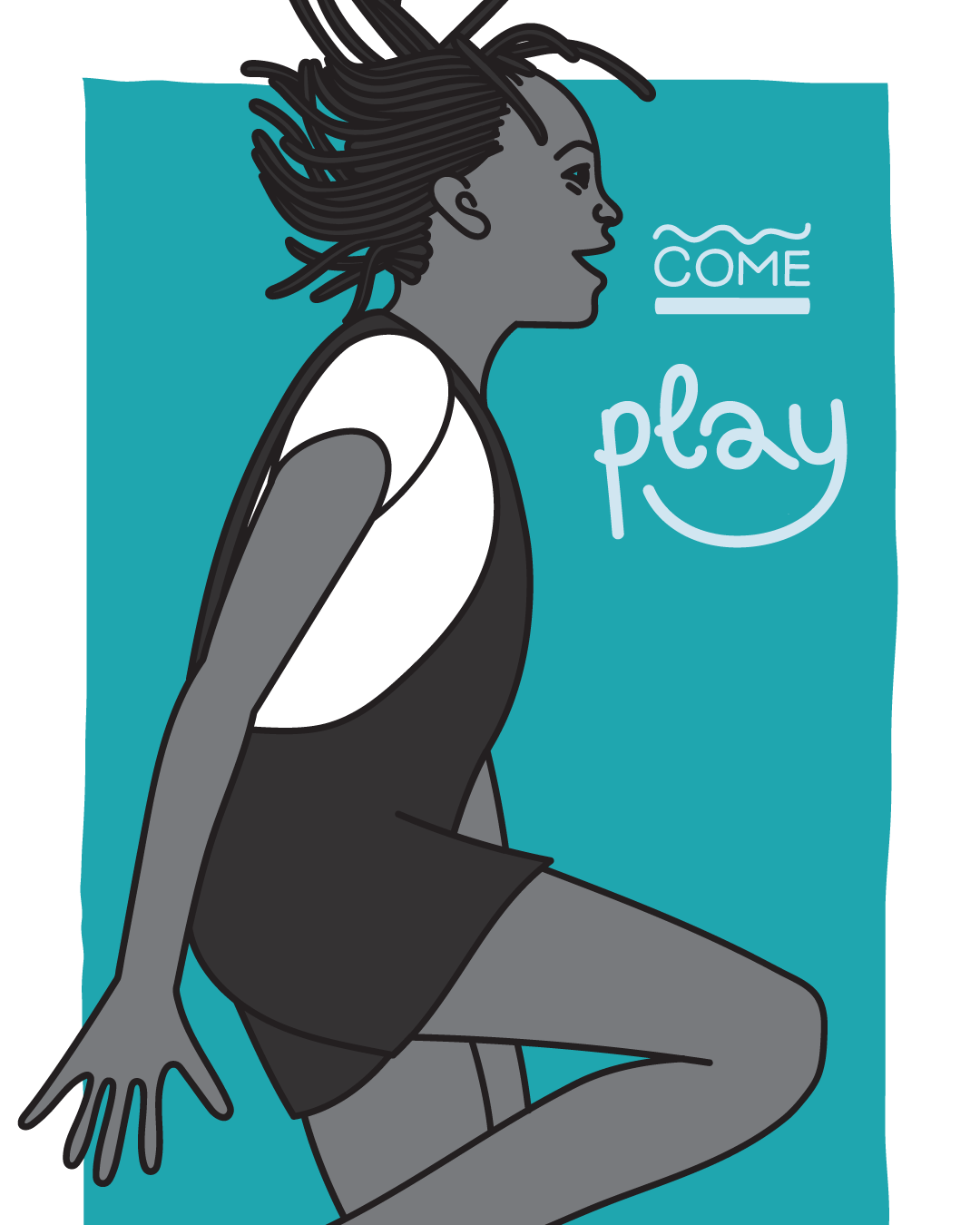
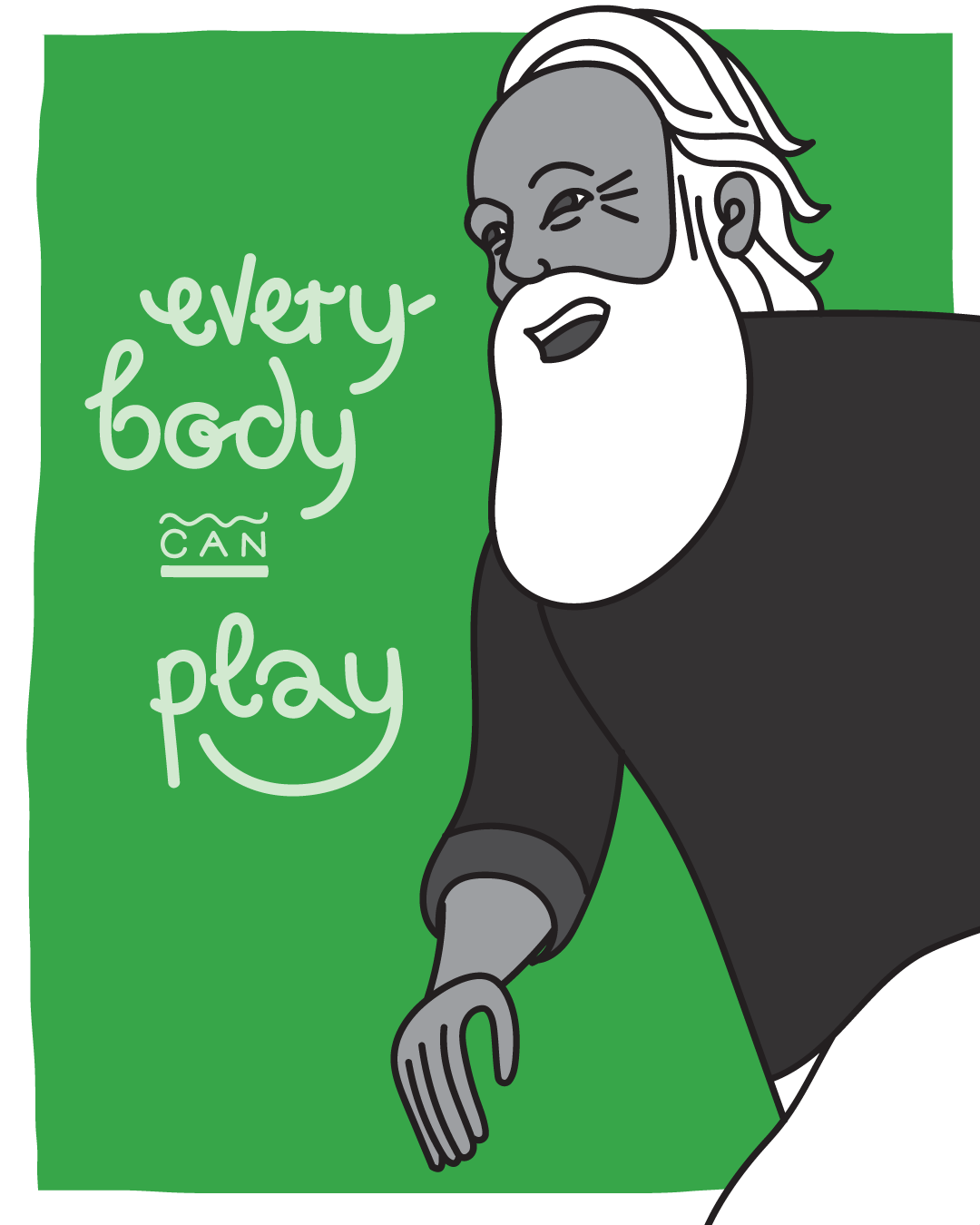
Inspired by this project? Let’s collaborate and create something amazing!
